Woman Invites Parents on Cruise to Come Out as Lesbian Because It’s Still Very Taboo in China
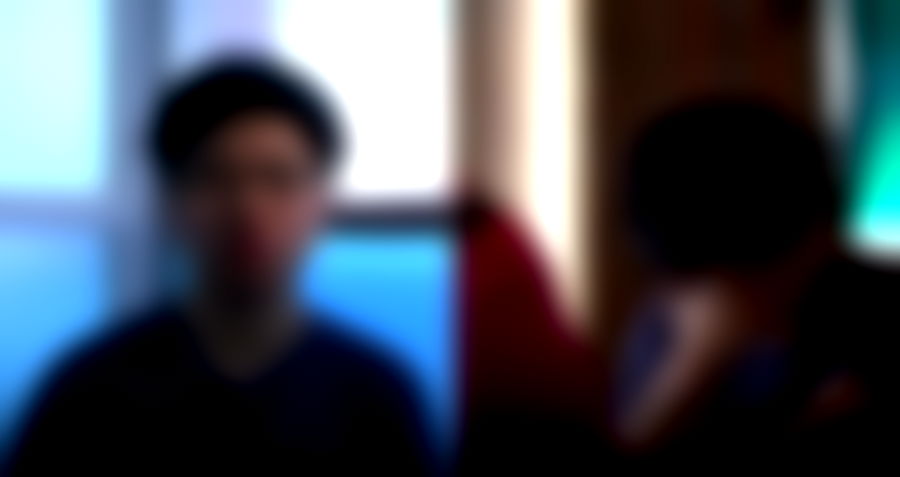


By Carl Samson
A Chinese woman who took her parents out on a cruise to come out has easily become an inspiration for other gender minorities struggling to hide their true identities.
Yuki Huang boarded the “Rainbow Cruise” from Shenzhen, China to Da Nang, Vietnam in June, along with more than 1,000 Chinese LGBT+ passengers and their loved ones.
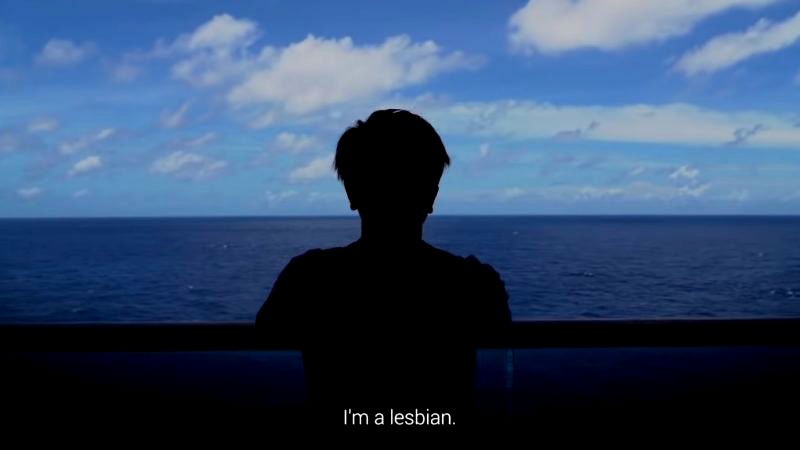
Organized by PFLAG China, a pro-LGBT+ NGO based in Guangzhou, the annual “Rainbow Cruise” is a five-day voyage that offers activities, talks and workshops for the LGBT+ community, including their family and friends.
“I boarded this cruise to come out. I’ve brought my parents with me,” Huang told the South China Morning Post, which featured her story and a few others’ in a 15-minute documentary about the cruise.
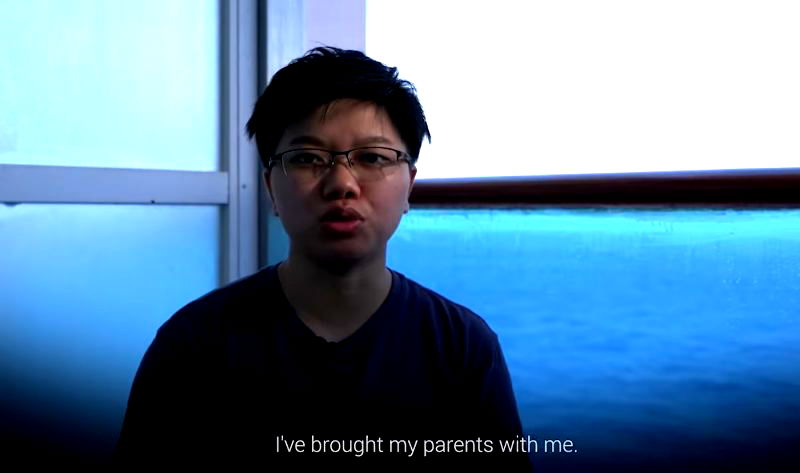
“The cruise aims to repair relationships and lets LGBT people express themselves freely.”
Ahead of coming out to her parents, Huang received advice from cruise volunteer Hongshulin, who urged her to seize the opportunity and tell them about her struggles.
“Don’t overthink it. You have to be brave this time. If not, you won’t have another chance,” Hongshulin told Huang. “You better do it today. Let them know there are so many mothers living happily with this knowledge.”
Accepting herself did not take long for Huang, but she was concerned about losing her family after coming out of the closet.
“I have known since puberty that sooner or later, my relationship with my parents would rupture after they learn about my sexuality. Because I know it is not accepted by society,” she told SCMP. “We live in a backward village. My parents won’t accept me. So I can only fly away on my own.”
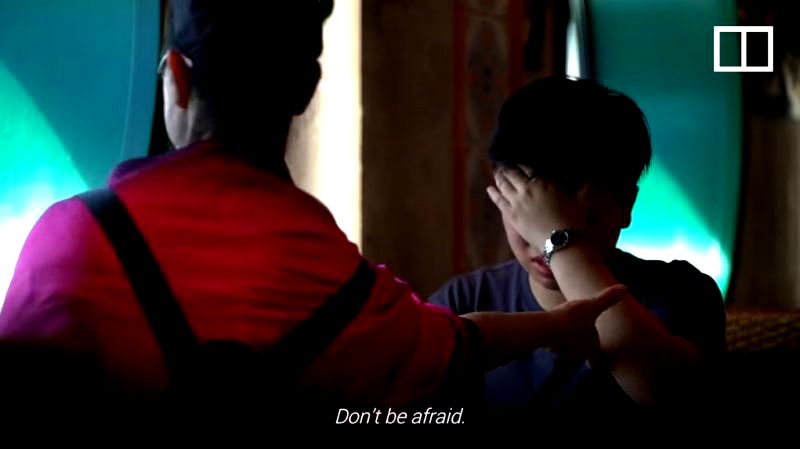
Homosexuality was illegal in China until 1997. It remained part of the country’s official list of mental disorders until 2001, the Associated Press noted.
Despite these changes, homosexuality is still shunned in most of Chinese society, which values the Confucian emphasis on marriage and raising children. Same-sex marriage is still illegal in mainland China.
China’s one-child policy, which came into effect from 1980 to 2015, also put pressure on LGBT+ individuals — who also happened to be lone children — to continue the family line. The pressure to marry gave rise to groups called “tongqi” (wives of gay men) and “tongfu” (husbands of lesbians), according to Foreign Policy.
Huang thought that the trip would alleviate and shorten the pain her parents were supposed to feel about her coming out.
“I used to think I could only love either my parents or myself. So when I find out I could love both, I thought: Why not? So I must come out,” she declared.
Huang took the opportunity to prepare her parents in a sharing session, where LGBT+ children and their parents stepped onstage to share their personal stories.
However, it did not take long before her parents started to make sense of what was going on.
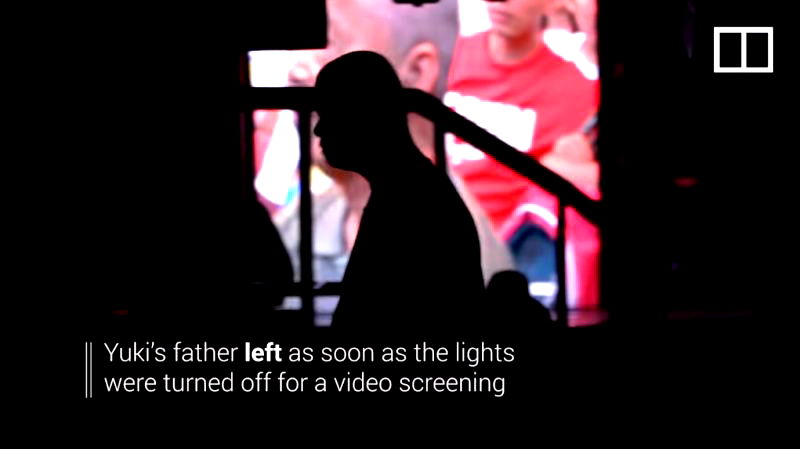
Huang’s father reportedly left the venue as soon as the lights went off for a video screening. He then returned to pull his wife out, but she already had “broken down,” according to SCMP.
“Her father left angrily. Her mother kept crying in her daughter’s arms. Then the daughter ran out after her father. So I kept comforting her mother,” Hongshulin recalled, adding that Huang’s mother seemed to have known about her daughter’s identity “for a long time.”
Huang said that she felt “neither relieved nor scared” when her parents realized the situation. However, she started thinking of solutions.
“Back in there, I could feel him [her father] sitting calmly beside me. But he told me later that after he realized what was going on, he felt paralyzed,” Huang said. “When we went back to our room, my father kept trying to bring me around. He broke down twice, burst into tears twice.”
Huang recalled her father asking why would such a thing happen to their family and why she “can’t be fixed.” When she replied that she was born that way and it might be because of genes, he answered, “Your mother and I don’t have such genes.”
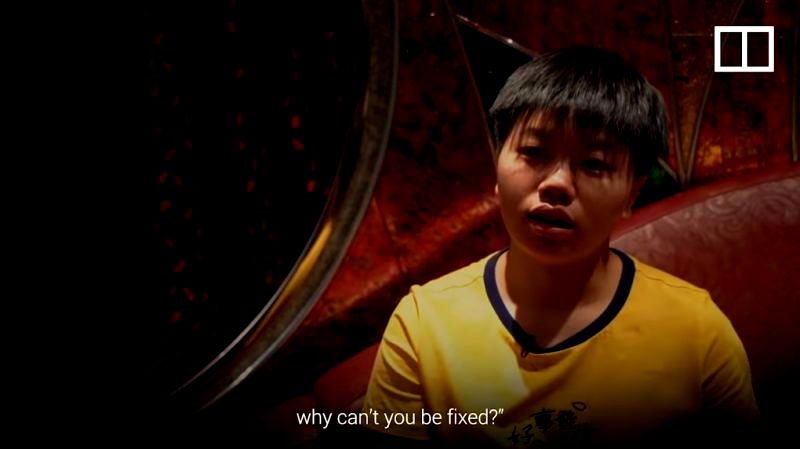
Earlier this year, a video from The Paper exposed medical facilities in six Chinese cities offering gay conversion therapy to a reporter who posed as a client. As it turned out, the facilities offered consultation and medical services geared toward “treating” homosexuality.
“These diseases are common … If you’re willing to receive treatment, you can be cured,” a doctor at a traditional Chinese medicine (TCM) hospital in Henan province told the reporter, according to Sixth Tone. “Your distorted mindset can gradually be corrected.”
Huang eventually found help in a friend who helped her parents understand her identity better. Her friend, a gay man, acknowledged that his own father wanted to change him, but explained that homosexuality is just as natural as having any physical attribute.
“My father is very stubborn and he can’t understand that homosexuality is not a disease. He still thinks it can be fixed and that I can change my mind,” Huang’s friend told her father. “You can’t do anything about it. Just like some people were born with blond hair and blue eyes, while some have black hair and black eyes. There’s no difference between heterosexuality and homosexuality. We are the same.”
To this, Huang’s father replied, “If you were born this way, we would find it easier to accept. Now that this is natural, we feel better.”
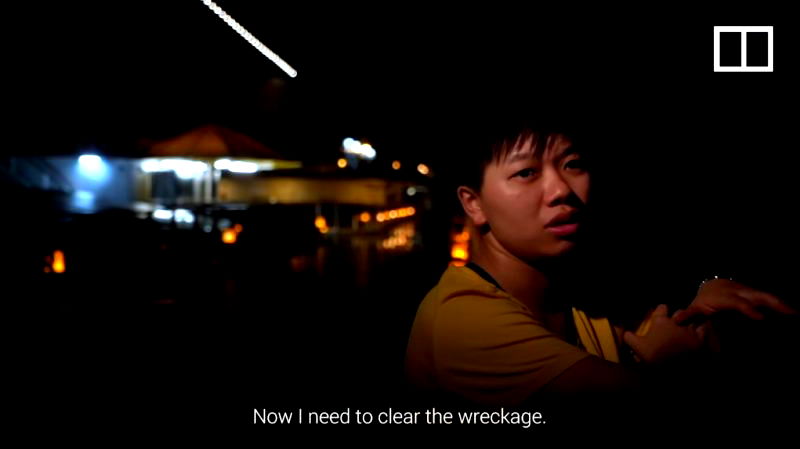
Huang believes that coming out is important from a rational standpoint, but she feels having to “clear the wreckage” after “a typhoon swept through.”
“My parents are now accepting of me, but they probably still need time to digest it.”
Feature Images via South China Morning Post
Share this Article
Share this Article